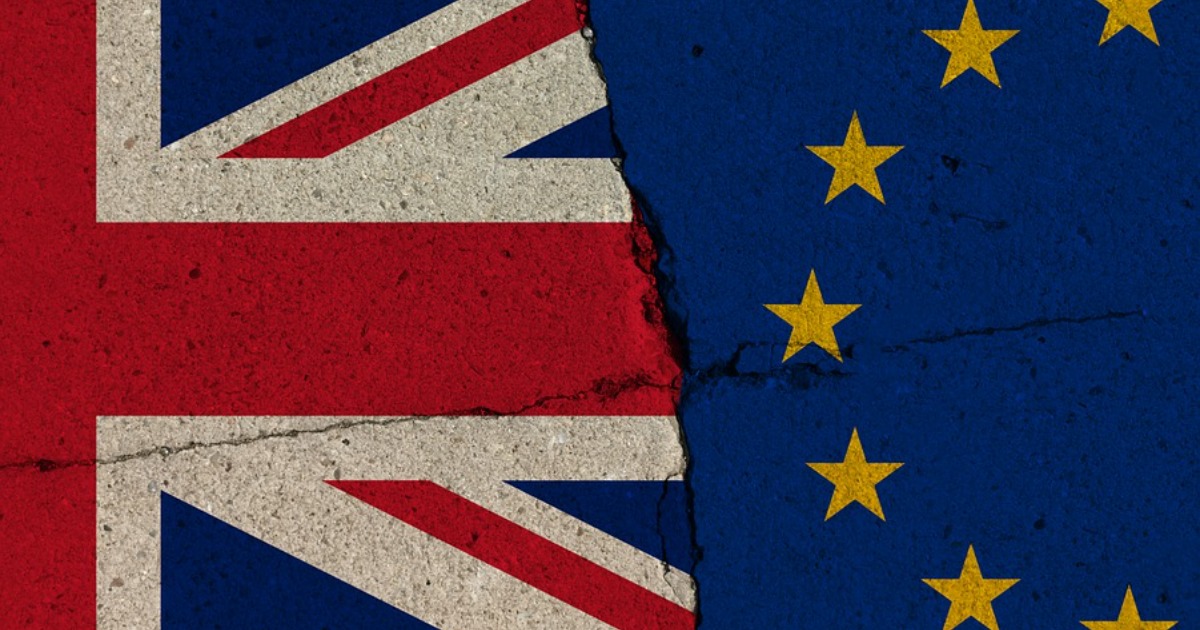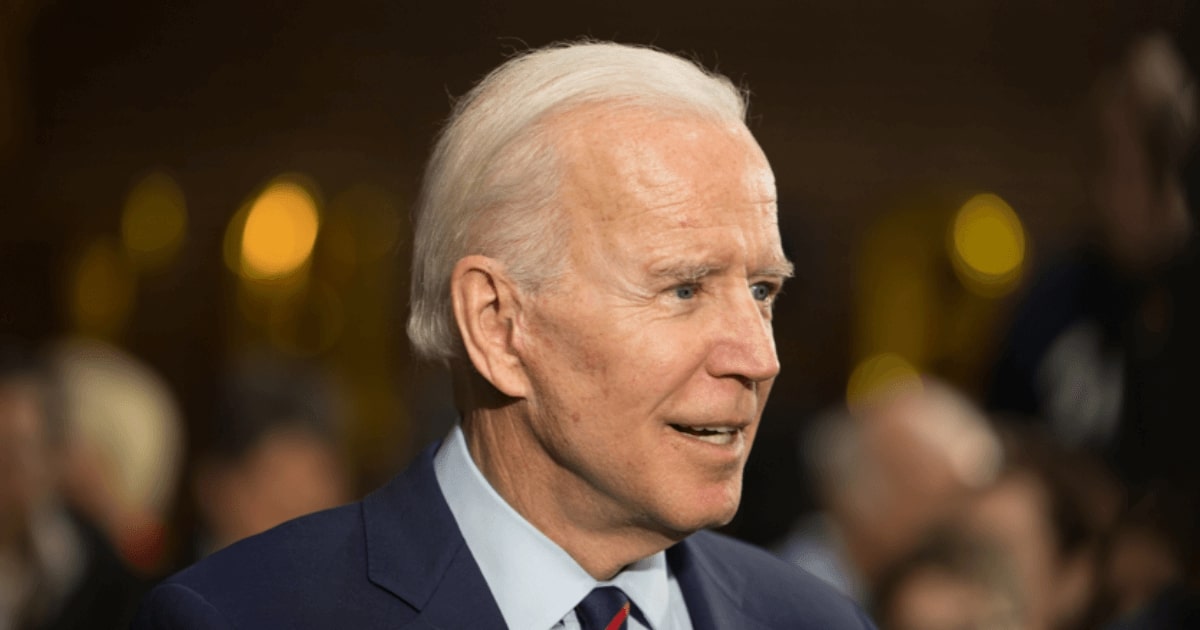After Brexit: Will the UK Now Lose the Falkland Islands?
Boris Johnson faces new challenges to British sovereignty, as global power shifts, tiny yet relevant, have returned in the aftermath of Brexit.
December 28, 2020

Christmas Eve brought a deal, finally. But mainly for the UK, it is a lose-lose deal. The vision of “Global Britain” is highly improbable.
Other benefits heralded by the ardent Brexiteers when they advocated leaving the EU are far smaller than they were advertised, if they exist at all.
New challenges to British sovereignty — not from the EU, but from within — are in the air. Sooner or later, Scotland will turn into a Pandora´s box once again.
Other challenges await in the South Atlantic. The African Union considers St. Helena an occupied African territory.
Back to the Falkland Islands issue
For the Falkland Islands, the sovereignty issue is more real. Its government is understandably concerned that EU solidarity in support of the British sovereignty claim over the strategically important territories in the South Atlantic might vanish sooner rather than later.
China’s aggressive fishery expansion in the uncharted waters around the Falkland Islands and Argentina’s incessant claims of sovereignty over what Argentines call Malvinas require a strong counter-position.
On the Falkland Islands, France, Spain, Italy and Portugal are mentioned as possible candidates in favor of a shift of past EU loyalty to the UK and its legal claims to a policy of good relations with Argentina and other Latin American countries.
As far as the French are concerned, the Falkland Islands have always been known in France as “les Malouines.” The first settlers, after all, came from St. Malo, giving the South Atlantic islands its historical name.
The real strategic relevance of British territories from Gibraltar via St. Helena to Falklands lies further to the south: The strategic relevance of Antarctica is growing continuously.
Whatever the future holds: Not being embedded in the EU any longer is not really a great liberation, as the Tories have often presented Brexit. The UK’s expanded sovereignty also forces the British to stand and act on their own.
Pitcairn for sale?
Not high on the list of priorities is Pitcairn, the tiny rock in the South Pacific. However, Pitcairn is of strategic relevance, as the waters around Pitcairn include most relevant Internet cables.
Given a shrinking population in Pitcairn, the island might be for sale, as some observers speculate in New Zealand.
Any political vacuum in this part of the world will surely entice others — especially China and Russia — to try to fill the vacuum.
France, which is neighbor to Pitcairn via Wallis and Futuna, French Polynesia and New Caledonia, takes the issue seriously. Meanwhile, the rest of the EU prefers to sleep walk into the multiple Indo-Pacific quarrels of tomorrow.
Diego Garcia in the global limelight
Global power shifts, tiny yet relevant, related to Brexit have returned already elsewhere in the Indo-Pacific: Diego Garcia, the core atoll of the British Indian Ocean Territory, is primarily known as the name of an aircraft carrier used by the United States and the United Kingdom for their past operations into Afghanistan and Iraq.
The historical name of Diego Garcia is Chagos Archipelago. Originally, these 55 atoll islands were united with Mauritius — prior to British policies of divide and rule in 1965. In the aftermath of the Brexit vote, the status of the Chagos Archipelago has returned as a dispute over an unresolved issue of decolonization.
The UN has weighed in
In June 2017, the United Nations General Assembly voted in favor of a resolution, tabled by Mauritius, seeking an advisory opinion from the International Court of Justice (ICJ) in The Hague on the legal status of the Chagos Archipelago.
On February 25, 2019, the International Court of Justice published the Advisory Opinion on the matter:
The Court having found that the decolonization of Mauritius was not conducted in a manner consistent with the right of peoples to self-determination, it follows that the United Kingdom’s continued administration of the Chagos Archipelago constitutes a wrongful act entailing the international responsibility of that State.
And:
Accordingly, the United Kingdom is under an obligation to bring an end to its administration of the Chagos Archipelago as rapidly as possible, thereby enabling Mauritius to complete the decolonization of its territory in a manner consistent with the right of peoples to self-determination.
Humiliation for Great Britain
This humiliation for Great Britain was just the beginning: On May 22, 2019, by an unprecedented majority of 116 to 6, with 56 countries abstaining, the United Nations General Assembly voted “in support of a motion setting a six-month deadline for Britain to withdraw from the Chagos island chain and for the islands to be reunited with neighboring Mauritius.”
While only the United States, Israel, Hungary, Australia and the Maldives backed the British position, Austria, Greece, Ireland, Spain, Sweden and Switzerland were among the countries voting in favor of the Mauritius motion.
France, Germany, the Netherlands, Portugal, Poland and Romania were among those countries who abstained.
Conclusion
While the UN vote was non-binding, the strategic consequence of the Diego Garcia dispute is undeniable at a time when the issue of freedom of navigation is gaining importance across the Indo-Pacific.
Emerging great power contestation is meeting a weakened Britain that has chosen to go it alone, and a weakened EU, which has not even woken up to the new Indo-Pacific.
This is more than a forgotten aspect of the lose-lose Christmas deal.
Takeaways
Boris Johnson faces new challenges to UK sovereignty. As global power shifts, tiny -- yet relevant – territories are back in the limelight.
France, Spain, Italy and Portugal are possible candidates in favor of a shift of past EU loyalty to the UK -- and its legal claims to a policy of good relations with Latin America.
The real strategic relevance of UK territories from Gibraltar via St. Helena to the Falklands lies further to the south: The strategic relevance of Antarctica is growing continuously.
Not being embedded in the EU any longer is not a great liberation. The UK’s expanded sovereignty forces it to stand and act on its own.
Across the Indo-Pacific, emerging great power contestation is meeting a weakened UK that has chosen to go it alone.

